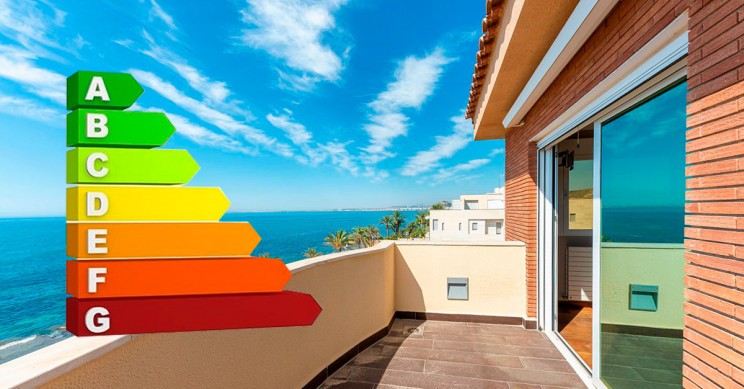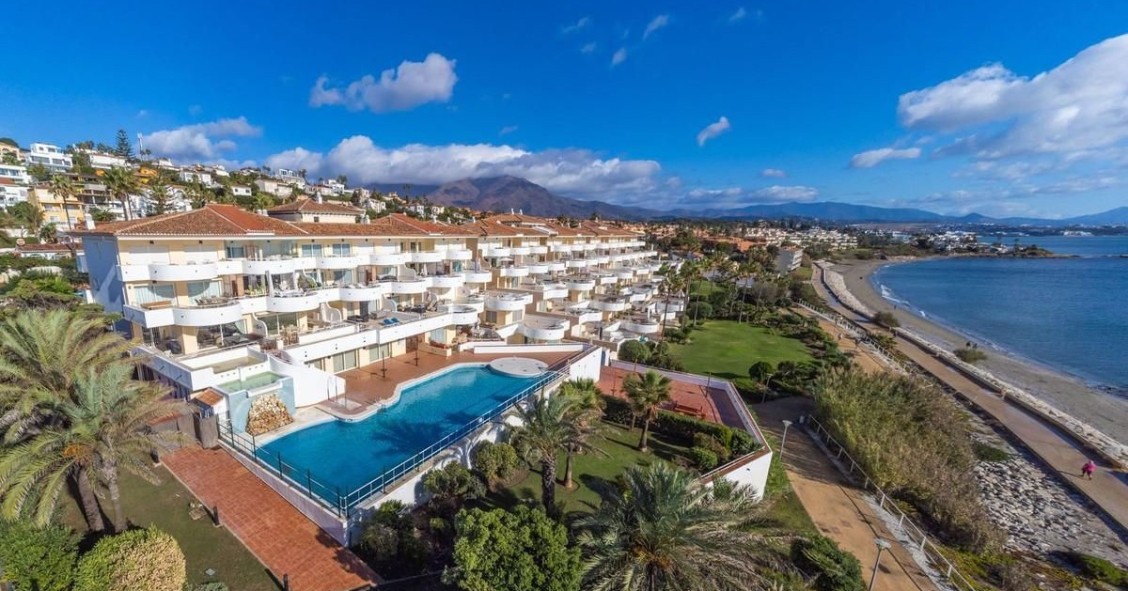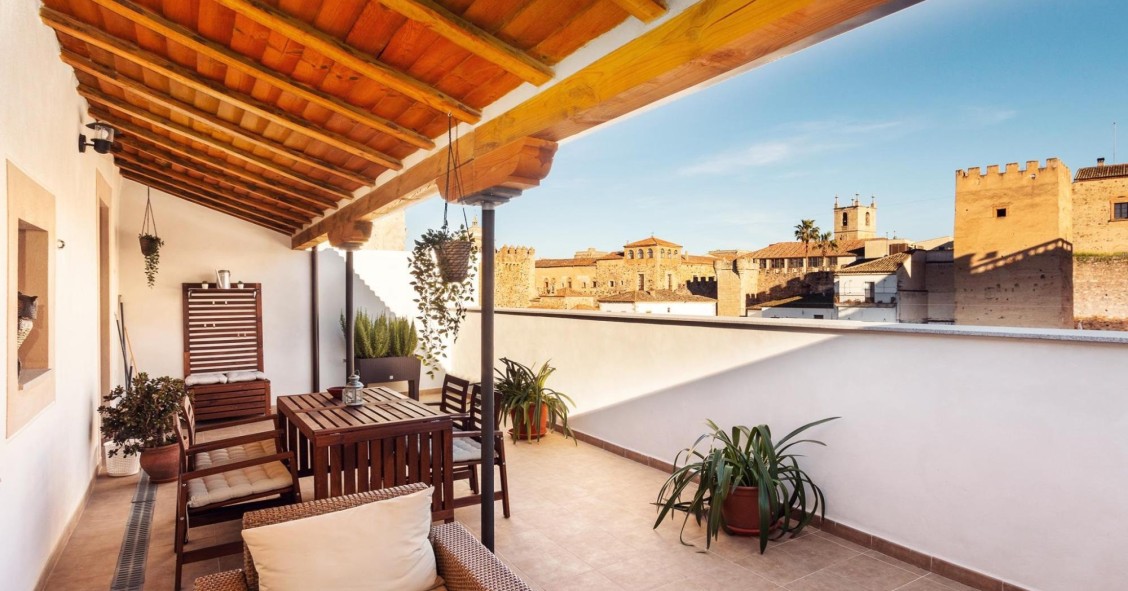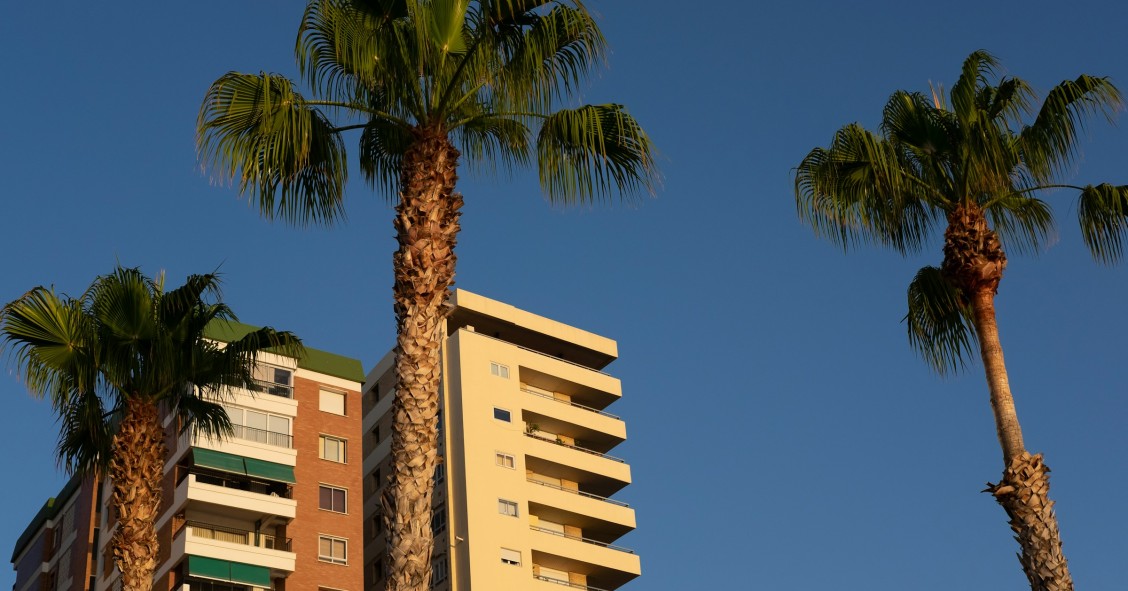
How can I legally rent my property in Spain? If you own a holiday home in Spain that you rent out when you aren't using it, then we have some important information for you on how to stay legal this summer. In June 2021, a new law came into force in Spain regarding Energy Performance Certificates or EPC (known as the "Certificado de Eficiencia Energética" or CEE in Spain) of buildings, something which also applies to the holiday rental market in Spain. Let's have a closer look at renting out your holiday home in Spain and why having an energy certificate is now mandatory.
Holiday rentals must have an energy performance certificate
This new law was published in Spain's Official State Gazette (BOE), making it compulsory to have the energy certificate of the property in order to rent it out to tourists. The National Statistics Institute in Spain (INE) calculates that there are currently around 295,000 holiday homes in Spain and, according to government sources consulted by idealista/news, all property owners are now obliged to advertise their holiday rental property with the energy performance certificate. The autonomous communities in Spain will be in charge of registering the certificates, supervising compliance with the regulations and, if necessary, imposing the corresponding financial penalties. This also applies to properties that are being let for long-term rental or being sold.
Fines for not having a energy performance certificate
The regulation establishes a penalty system with fines ranging from 300 to 6,000 euros, depending on the infringement committed. Specifically, there are 3 levels of fines for not having an energy performance certificate for property: in the case of minor infringements, the fines are between 300 and 600 euros; while in the case of serious infringements, the sanction will be between 601 and 1,000 euros. In the case of very serious infringements, the fine will be between 1,001 and 6,000 euros.
Sanctions can be immediate, even for advertising platforms
The Royal Decree 390/2021 announcing this new law does not include any delay in the implementation of the new rules for energy performance certificates and autonomous communities could already start to impose fines. These fines will not only apply to owners, but also to platforms specialising in holiday rentals.
Article 17.3 states that "any natural or legal person who publishes or allows the publication of information on the sale or rental of a building or part thereof, whether in real estate agencies, billboards, websites, real estate portals, catalogues, press or similar, shall be obliged to include information on its energy efficiency rating, in accordance with the provisions of the corresponding recognised document".
Sanctions can be imposed by officials of the Ministry of Energy or the specific energy agency found in certain autonomous regions in Spain, or alternatively through a complaint from a citizen (for example, a tenant or tourist who detects that the energy certificate is not included).
However, the Government has also stated that "the ultimate objective of both the government and the autonomous communities is not to fine people. The first thing is to warn, inform and make people aware of the new regulations in order to promote the improvement of buildings in terms of energy efficiency".
A blow for the holiday rental sector in Spain
Almudena Ucha, director of Rentalia (idealista's holiday rental platform) explains that "the mandatory requirement for holiday rental properties in Spain to have an Energy Certificate is a blow for the sector, which for the second consecutive year is facing a very limited high season because of the COVID-19 pandemic. This is especially the case because a measure of this impact should have a reasonable period of time for the property owners to adapt to this new requirement, something that has not been contemplated".
How to get an energy performance certificate in Spain
The first thing to remember about these energy performance certificates in Spain is tat they consist of a document that includes the energy efficiency and consumption rating of a building or part of a building (such as a house), as well as information on procedures, a description of its energy characteristics and recommendations for feasible improvements.
The rating must be registered with an official body of the corresponding autonomous community in order to have the status of a certificate. The energy certificate must be issued by a competent technician freely chosen by the owner who holds any academic and professional qualification for the drafting of projects, the management of works or the management of the execution of building works. That is, architects, technical architects, engineers and technical engineers. Therefore, the procedure for getting an energy certificate for your tourist apartment or holiday home before renting it out (or selling it) would be to contact a competent technician who is suitably qualified to give you this document".
Once obtained, the EPC must be registered with the official body of the autonomous community where the property is located in order for it to have the status of a certificate.
How long is an energy performance certificate in Spain valid for?
It is valid for 10 years and, after this period, the owner will be responsible for renewing or updating it in accordance with what is established by the competent regional body.
How much is an EPC in Spain?
As for the price of an energy performance certificate in Spain, this is not regulated by law, but is based on supply and demand, and is influenced by factors such as the size of the property or the supply of certifying professionals. According to the idealista calculator, for a property of around 90 m2 the cost of the certificate is just under 100 euros, excluding VAT. Take note that in some areas of Spain, additional fees must also be paid. Subsequently, the certificate must be registered with the corresponding body, which takes between 30 and 60 days on average.






